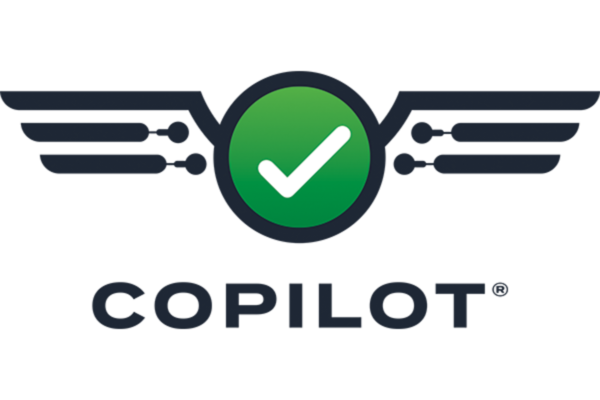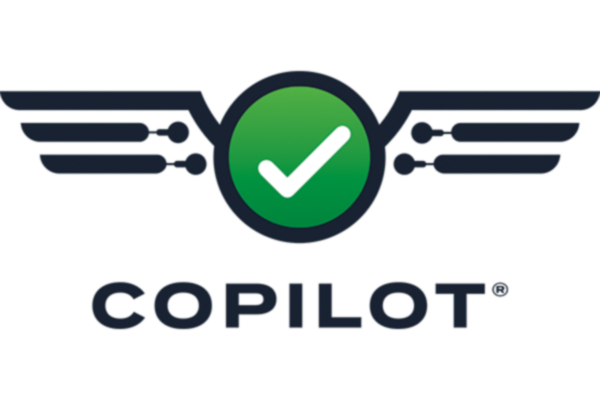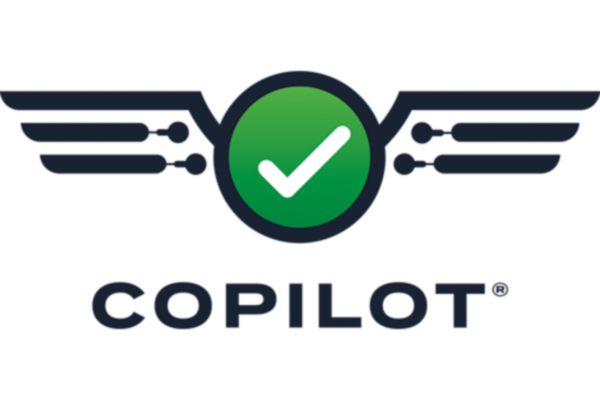
Troubleshoot like a C.H.A.M.P! After developing robust processes, managers and engineers depend on production staff to be able to keep them making quality parts with minimal downtime. Introduction to Troubleshooting is designed for the shop floor’s frontline “firefighters” – junior technicians or those on their way to becoming technicians – that need to deal with issues that interrupt production. Think like a C.H.A.M.P! Utilizing RJG’s C.H.A.M.P. framework (Cooling, Heat, Air, Material, Process), you'll follow a mental checklist to verify key factors before making making process changes that might complicate or worsen problems. Practice Making Decisions: Through a series of scenarios collected from the real-life backgrounds of seasoned molding professionals, you'll experience the consequences of your actions in a safe, virtual environment to prevent suffering through them on the job. You'll be given feedback on the appropriateness and effectiveness of your choices, so you build confidence to efficiently and independently resolve molding issues. Benefits: Reduce downtime Reduce reject and scrap rates Improve quality Expand problem-solving capabilities Maximize profits through efficient, defect-free techniques Think like a higher-level, more experienced technician Course Highlights: Follow a structured approach (C.H.A.M.P.) to identify, analyze, and resolve issues related to Cooling, Heat, Air, Material, and Process Address normal material viscosity variations that result in dimensional issues (short or flashed parts) in Decoupled Molding II processes Identify 14 of the most common and costly plastic molded part defects: Black specs Burn marks Color streaks Discoloration Ejector marks Flash Gate marks Knit lines Shorts Sink marks Splay Unmelted pellets Voids Warp Read more

**This course is now accessible using mobile devices such as smart-phones and tablets.** The Math for Molders course is intended for anyone who struggles with mastering the math skills needed to successfully complete injection molding processing courses. Students will better grasp the math techniques taught, and the knowledge provides a better math skills foundation for future RJG courses. Course Highlights: - Calculating area for various shapes to understand square inches at the parting line - Clamp tonnage requirements to understand using square inches with plastic pressure to establish clamp force requirements - Ratios to calculate intensification ratio, screw design - Using a formula triangle to understand how force, pressure, and area affect the process - Speed versus time to verify the machine is capable of delivering the plastic to the mold - Activities for solving real mathematics problems with the molding process Read more

The Maths for Moulders course is intended for anyone who struggles with mastering the maths skills needed to successfully complete injection moulding processing courses. Students will better grasp the maths techniques taught, and the knowledge provides a better maths skills foundation for future RJG courses. Course Highlights: - Calculating area for various shapes to understand square inches at the parting line - Clamp tonnage requirements to understand using square centimetres with plastic pressure to establish clamp force requirements - Ratios to calculate intensification ratio, screw design - Using a formula triangle to understand how force, pressure, and area affect the process - Speed versus time to verify the machine is capable of delivering the plastic to the mould - Activities for solving real mathematics problems with the moulding process Read more

Meet Your CoPilot! This course introduces students to the foundational level tasks and navigation within the CoPilot® System. Through simulations, students are shown the basics of use, and are given the opportunity to try it themselves through guided practice. This course features seven modules, and a comprehensive assessment. After completing this course, students will be more familiar with the CoPilot and have the ability to perform the basic functions within the system. Read more

Check out this short video regarding the Application Processor AP4.0! The CoPilot software is pre-installed on the Application Processor AP4.0. The AP4.0 receives data from the Lynx™ sensor interface ports wich are connected to Lynx hardware on the injection molding machine. Read more

This short video covers the Lynx™ shielded analog input module IA1-M-V, which is a DIN-rail-mounted module that is wired to the molding machine in order to collect 0-10 V DC signals from analog measurement devices, providing information such as injection pressure, plastic pressure, screw position, and temperature. Read more
Shopping Cart
Your cart is empty
